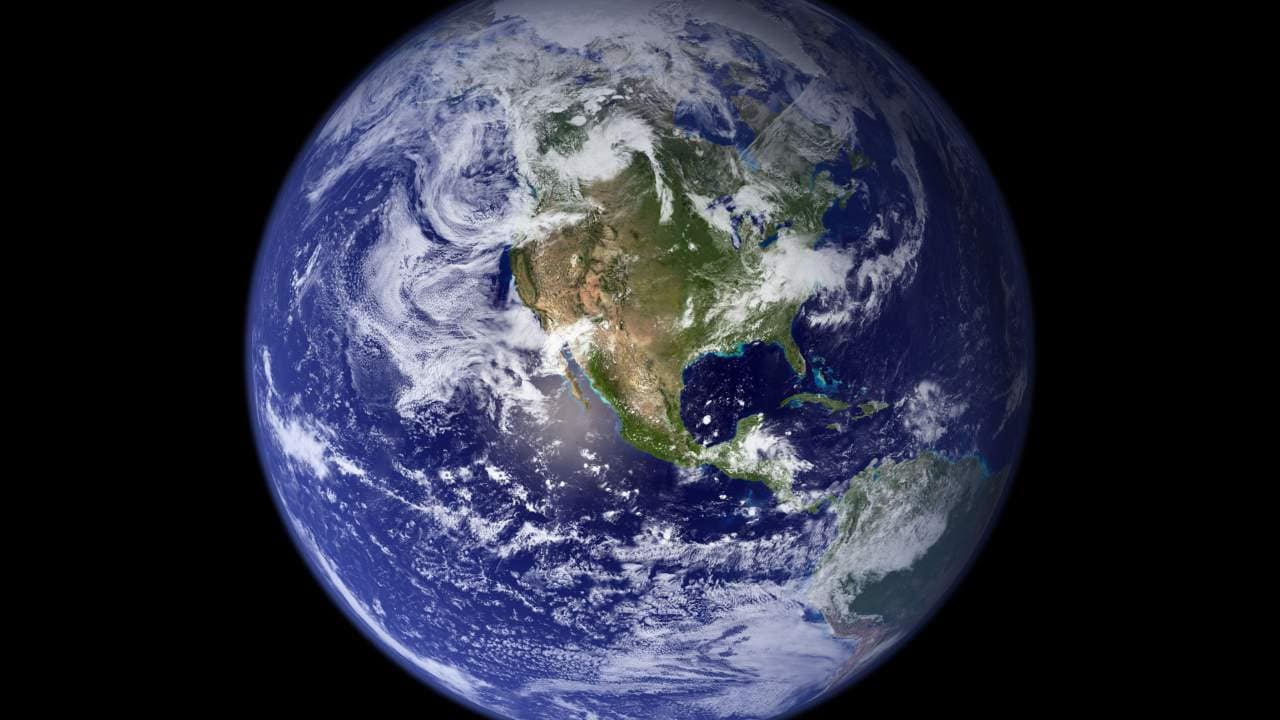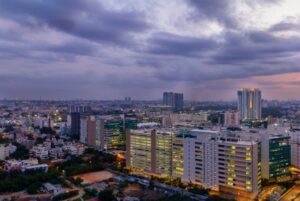FP TrendingMar 09, 2021 12:24:22 IST
In almost one billion years from now, the oxygen present in the Earth’s atmosphere will be extinguished, claims a recent study. The study has been published in the peer-reviewed journal Nature Geoscience on 1 March 2021. Conducted by Toho University researcher Kazumi Ozaki and Georgia Institute of Technology’s Chris Reinhard, the study aims to understand the atmospheric conditions of Earth in the future. Although the end of oxygen is one billion years away, it is said that when the depletion of the gas starts to take place, oxygen will be exhausted rapidly in almost 10,000 years, as reported by Earth Sky.

Oxygen forms 21 percent of our atmosphere. Image credit: Earth
Speaking about their latest research, Kazumi explained that the sun will start to heat up more as the solar system continues with its life cycle. As a result of the heat emitted by the sun, the atmosphere will get warmer. This will break down the carbon dioxide gas and eventually plants that depend on the gas will no longer be able to survive, directly impacting the availability of oxygen in the atmosphere.
The finding says that the oxygenated atmosphere of Earth will not be a permanent feature. This indicates that human life will also cease to exist on the planet.
According to a report in the New Scientist, the oxygen levels of the planet were not always this optimal. There used to be a period of time, in Earth’s history, where the oxygen levels were low and it might happen again. Currently, oxygen’s presence in the Earth’s atmosphere is ideal for the survival of human beings. It forms 21 percent of our atmosphere.
So what will happen after oxygen depletion from the Earth’s atmosphere? According to Reinhard, microbial life will survive on the planet while both terrestrial and aquatic life will stop existing in the absence of oxygen. He added that many anaerobic bacteria will again take over the world after oxygen gets finished. These bacteria are in hiding currently due to the oxygen-rich environment.
Their new study indicates that the presence of oxygen on a habitable planet may not be permanent as it is variable. This research was conducted as part of NASA’s program NExSS which explores the habitability of other planets.










